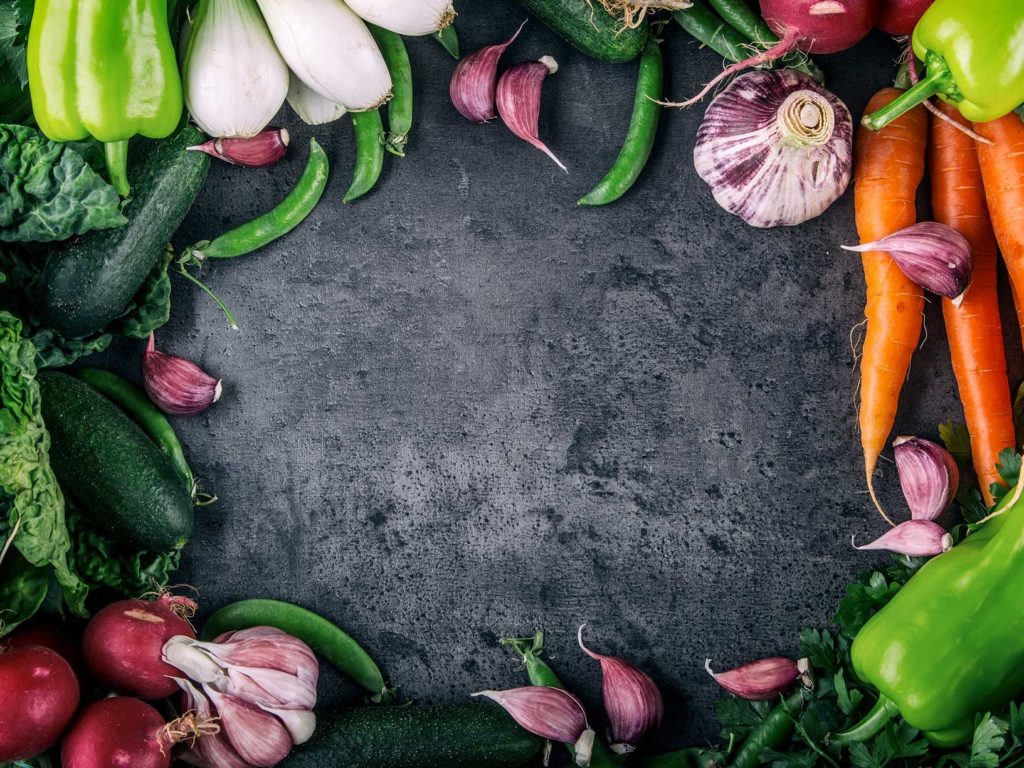This week in the organic news world, a groundbreaking study found organic soil captures more carbon – a greenhouse gas that contributes to climate change ¬– from the air and stores it long term. In California, the first organic and vegetarian fast food restaurant in America is performing so well it is looking to expand across the U.S. Also this week, emails were found exposing Monsanto for fending off concerns about the safety of glyphosate, and decrying scientific research indicating the chemical might cause cancer or other diseases. In India, organic food production ranks ninth in the world, while Australia tops the list. And San Francisco is looking to require grocery stores to tell consumers if meat comes from animals given antibiotics. To avoid antibiotics in meat products, look for certified organic meat.
Study Finds Organic Soil Captures, Holds More Carbon.
Over the past nine years, Northeastern scientists Geoffrey Davies and Elham Ghabbour have been getting their hands dirty, analyzing soil samples from nearly every state in the country. Ghabbour, a soil expert, said the reason organic soil can hold more carbon is because it has higher concentrations of humic acids. These are substances in the soil that give it the brown color we see in our backyards, as opposed to the sandy-blonde or ashy-red varieties. Humic acids bind to soil, making it more fertile, allowing it to retain water, and assisting plants in absorbing nutrients. It also captures carbon—a greenhouse gas that contributes to climate change—from the air and stores it long term.
This Organic, Plant-Based Drive-Thru Chain Wants to Expand Across the U.S. – Yes, Please!
California-based Amy’s Drive Thru, the first organic and vegetarian fast food restaurant in America, with tons of vegan options, is doing SO WELL that they are looking into expanding across the country and becoming a chain!
How Monsanto Manufactured ‘Outrage’ at Chemical Cancer Classification It Expected.
Monsanto had spent decades fending off concerns about the safety of glyphosate and decrying scientific research indicating the chemical might cause cancer or other diseases. And even though the IARC review was still months away, Monsanto’s own scientists knew what the outcome would likely be—and they knew it wouldn’t be good.
Internal company records show not just the level of fear Monsanto had over the impending review, but notably that company officials fully expected IARC scientists would find at least some cancer connections to glyphosate. Company scientists discussed the “vulnerability” that surrounded their efforts to defend glyphosate amid multiple unfavorable research findings in studies of people and animals exposed to the weed killer. In addition to epidemiology studies, “we also have potential vulnerabilities in the other areas that IARC will consider, namely, exposure, genetox and mode of action…” a Monsanto scientist wrote in October 2014. That same email discussed a need to find allies and arrange funding for a “fight”—all months before the IARC meeting in March 2015.
Globally India Ranks 9th In Organic Farming Outlook.
The share of nations involved in organic farming, according to International Federation Of Organic Agriculture Moment (IFOAM), leaves India at ninth rank with Australia on top with 22.7 million hectares of land used for organic farming. India by the year 2015 was using merely 1.2 hectares of the total land used for farming of both conventional and organic classifications
In a First, San Francisco May Require Disclosure of Antibiotics in Meat.
The overuse of antibiotics to raise livestock is creating superbugs, bacteria resistant to antibiotic drugs such as penicillin. San Francisco could soon become the first U.S. city to require major grocery stores to tell consumers if meat comes from animals given antibiotics.









